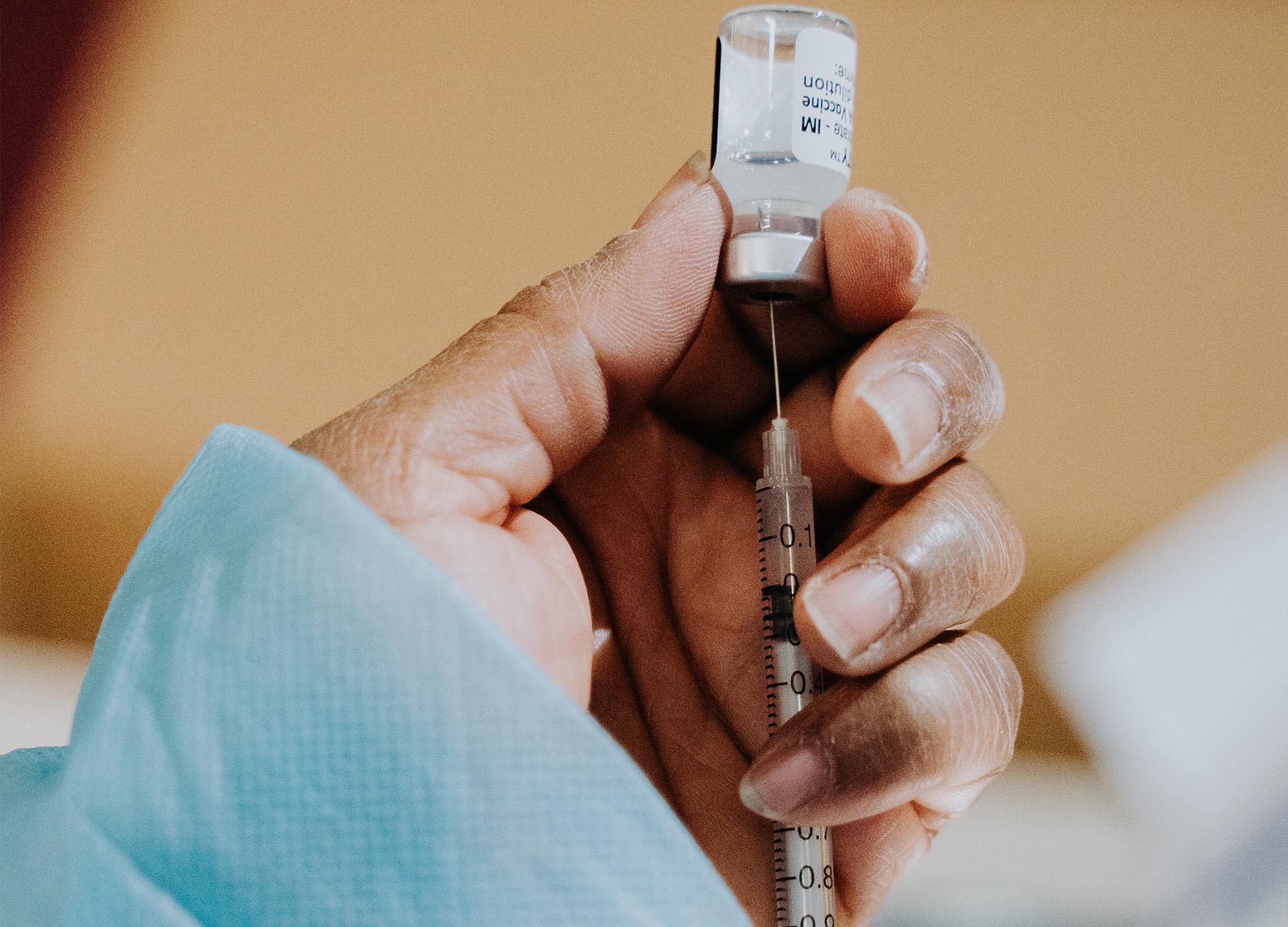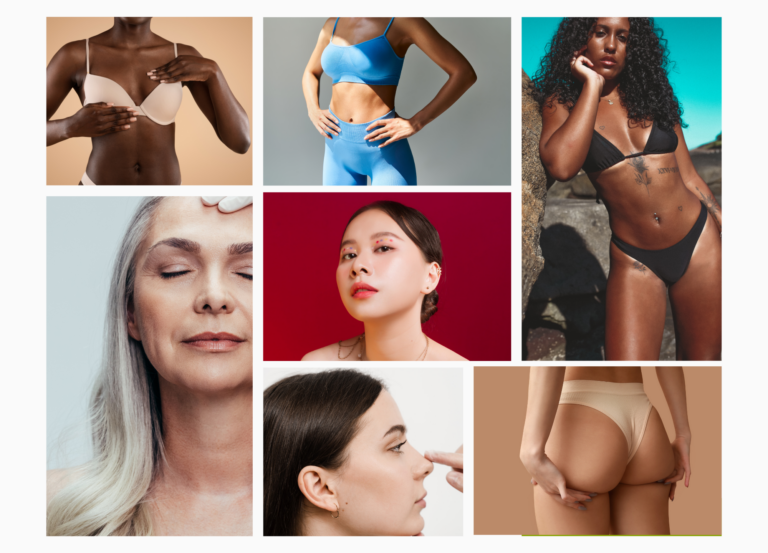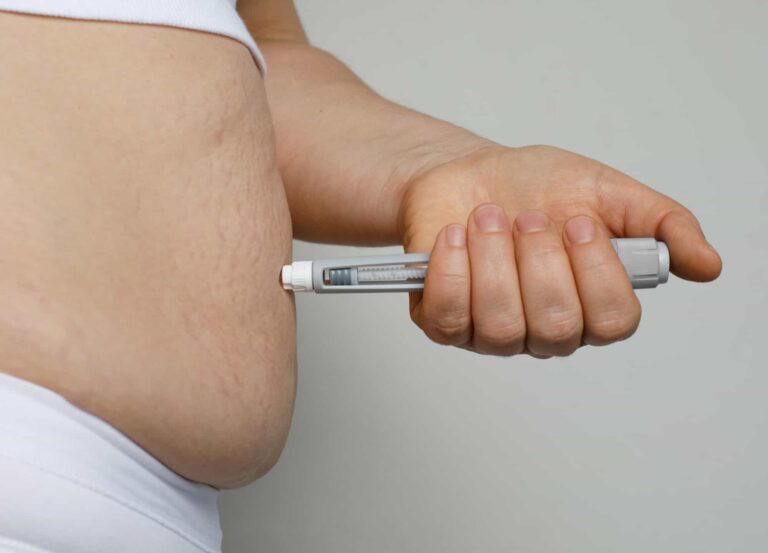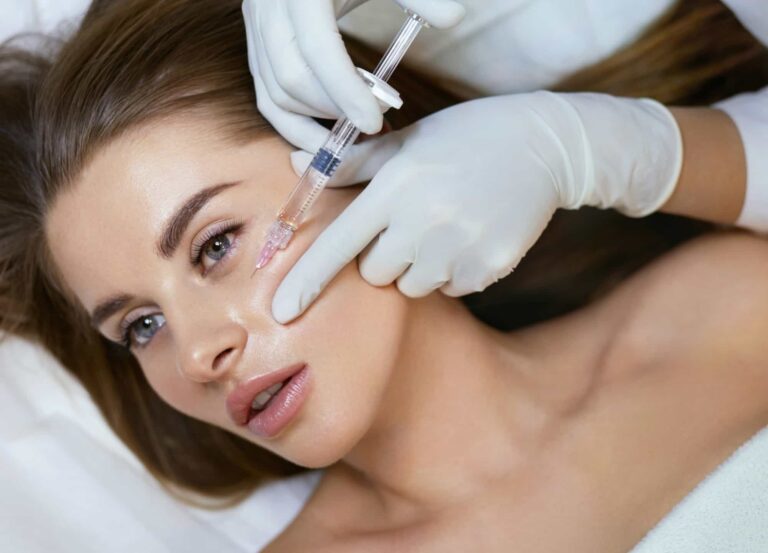A headline in the Wall Street Journal—“Botox Shot or Covid Boost? The Combo Causes Some Seasonal Wrinkles”—is drawing criticism from the aesthetics community. For more than a year now, doctors have been discussing with patients the potential for vaccines and other immune-triggering episodes and substances to cause temporary swelling around previously placed hyaluronic acid fillers. In the context of COVID-19 vaccines, concerns of filler reactions first arose in December 2020, when three subjects in Moderna’s Phase 3 trial (all with a history of dermal filler injections) experienced facial or lip swelling after getting the vaccine.
The news initially incited panic, as RealSelf previously reported, but dermatologists and plastic surgeons were quick to assuage public anxiety. “We have seen delayed filler reactions with many types of vaccinations as well as sinus infections and dental cleanings, but these are rare events that are easily treatable,” says Dr. Joel L. Cohen, a board-certified dermatologist in Denver. “Oftentimes, they last only a few days and don’t even need treatment.”
To minimize the risk of swelling, doctors routinely recommend putting two weeks between filler injections and vaccines, illnesses, dental appointments, and the like.
While the WSJ highlights Botox specifically—and quotes a registered nurse who reportedly has patients wait two weeks before and after both fillers and neuromodulators before getting the vaccine—there is absolutely no data indicating that it’s necessary to separate toxin injections from vaccines, according to board-certified Boston dermatologist Dr. Mathew Avram, who took to Instagram to debunk the notion that Botox and boosters don’t mix.
“Botox and fillers are completely different products, with totally different mechanisms of action and properties—and the headline confused them,” Dr. Cohen says. Gel-based fillers, like Restylane and Juvéderm, are space-occupying implants that hang around in the body for many months, he explains. Botox and other neuromodulators are liquids that “work quickly on the targeted muscle to minimize contractions,” dissipating within a few hours of injection.
While the WSJ article does state that Botox and boosters don’t cause reactions, the headline is still prompting some to reconsider their derm visit. “This is creating a lot of anxious patient phone calls to our offices and even some totally unnecessary cancellations of upcoming appointments,” Dr. Cohen tells us. Ultimately, toxins are a nonissue—period. As for fillers, prioritize your COVID-19 vaccinations and boosters and then ask your injector to help you navigate the appropriate timing of future filler appointments to sidestep complications.











